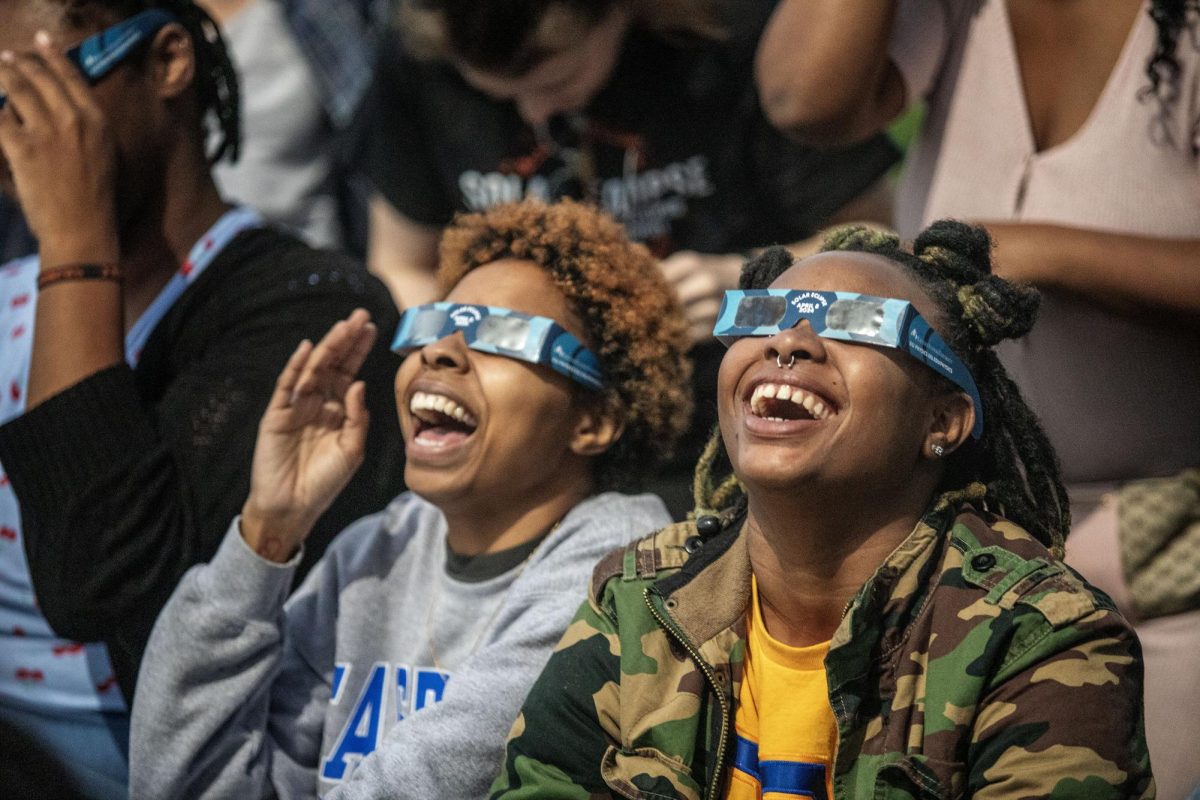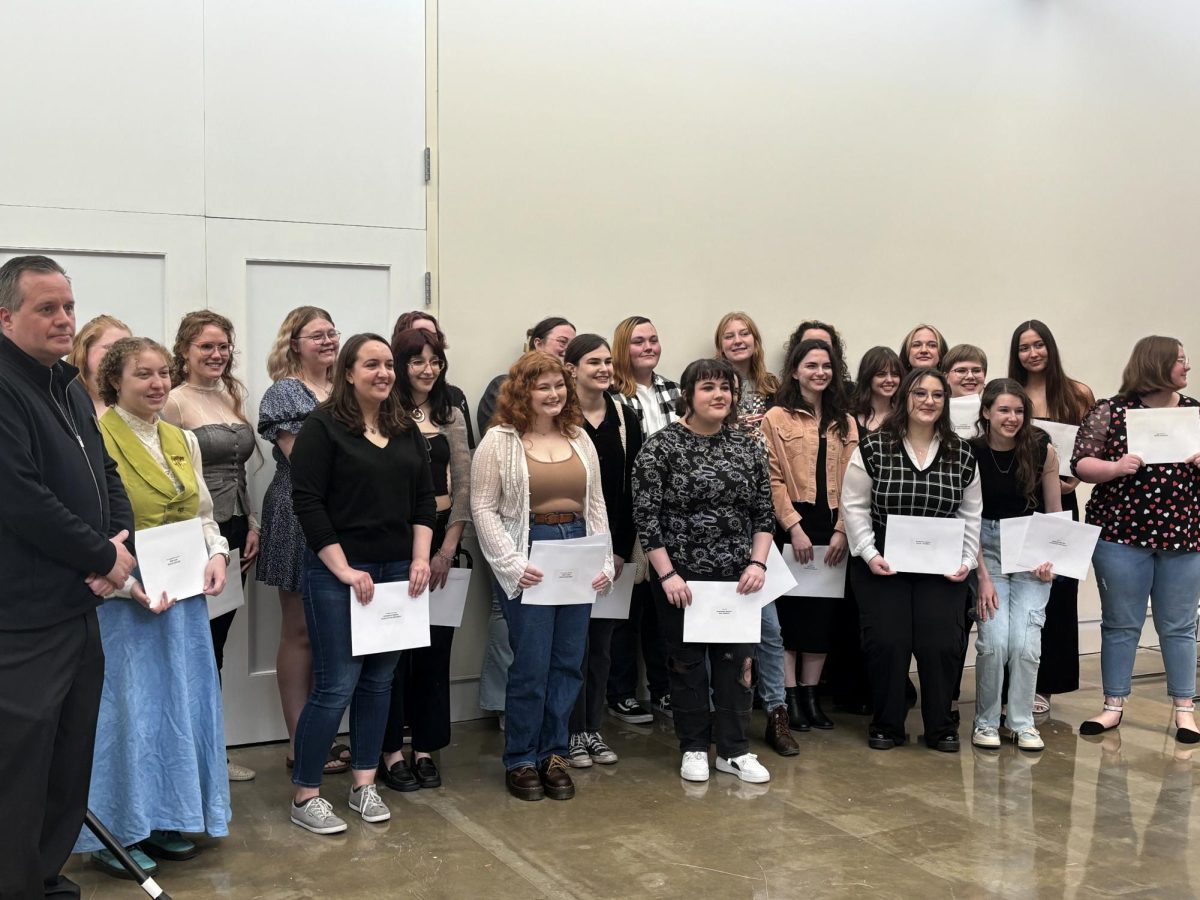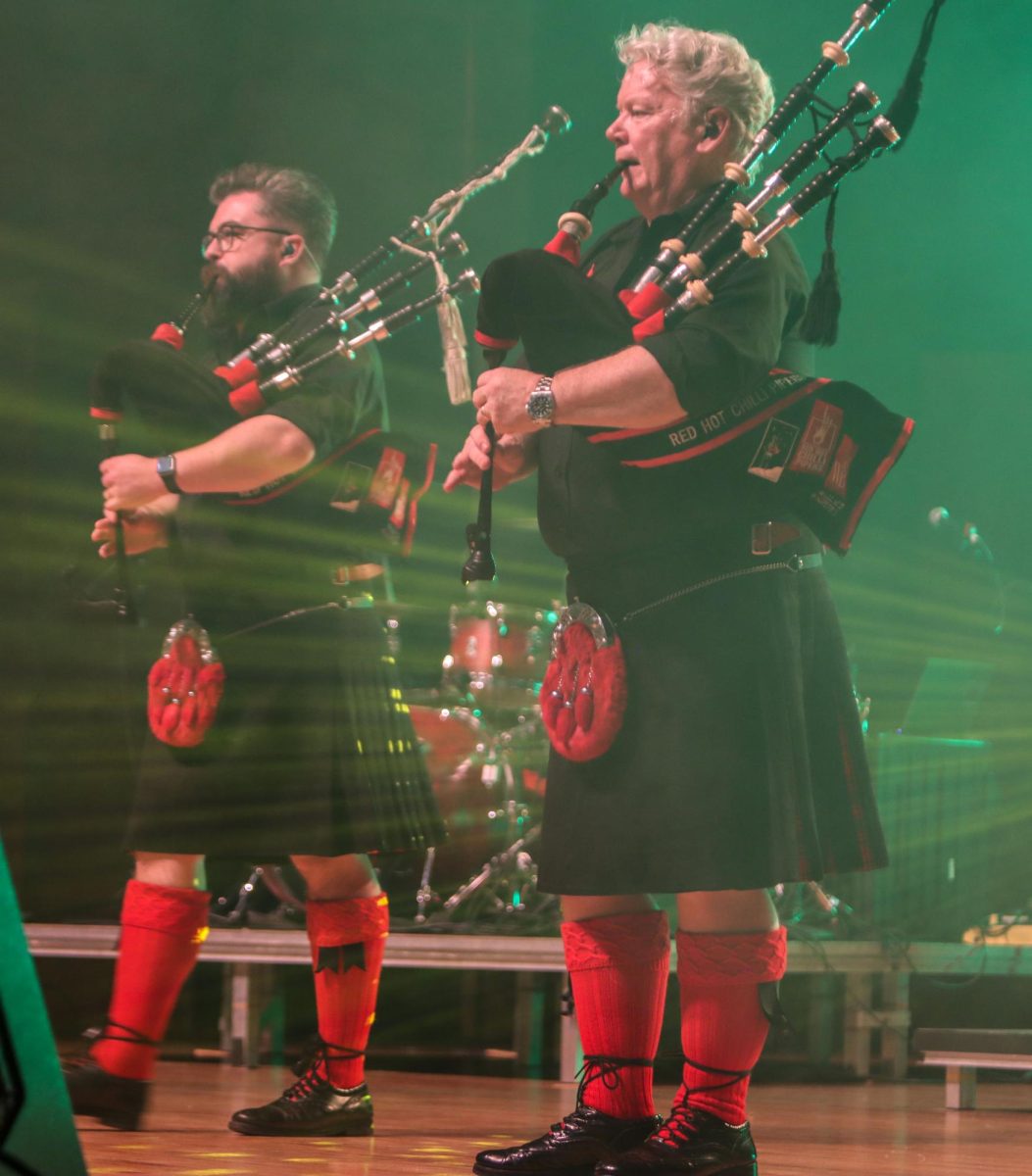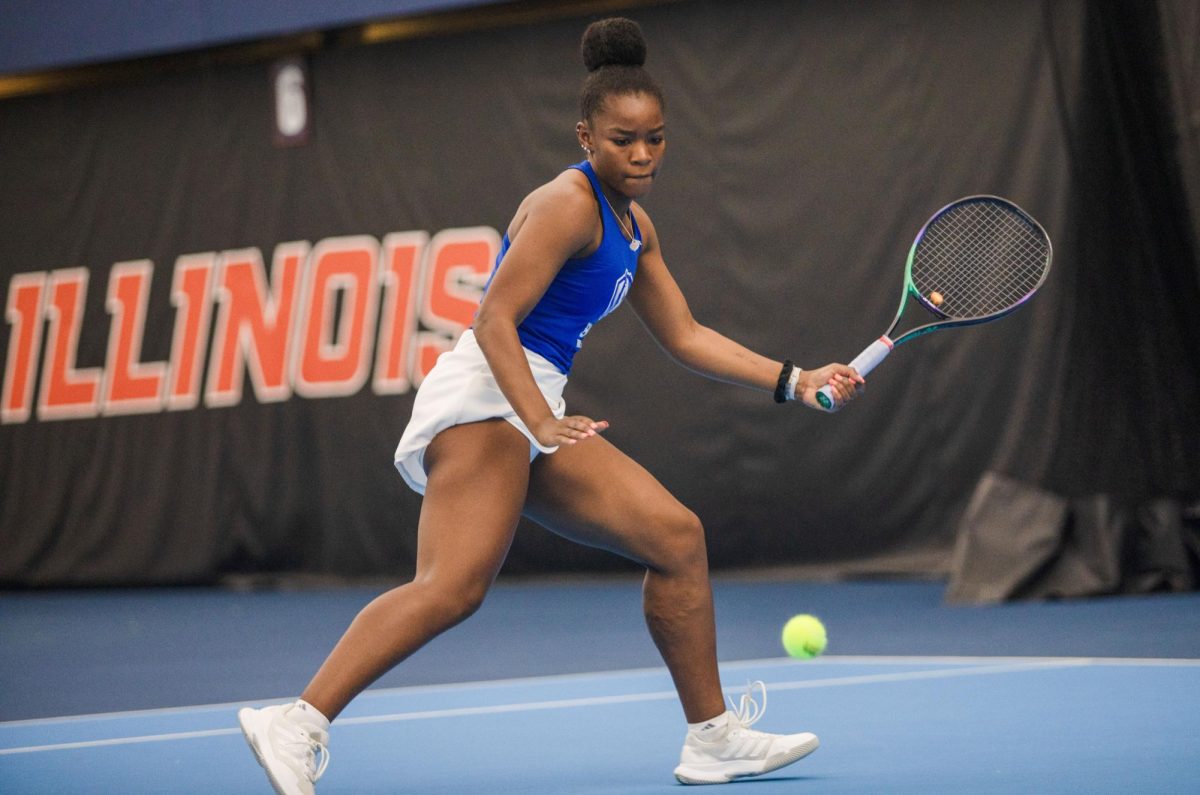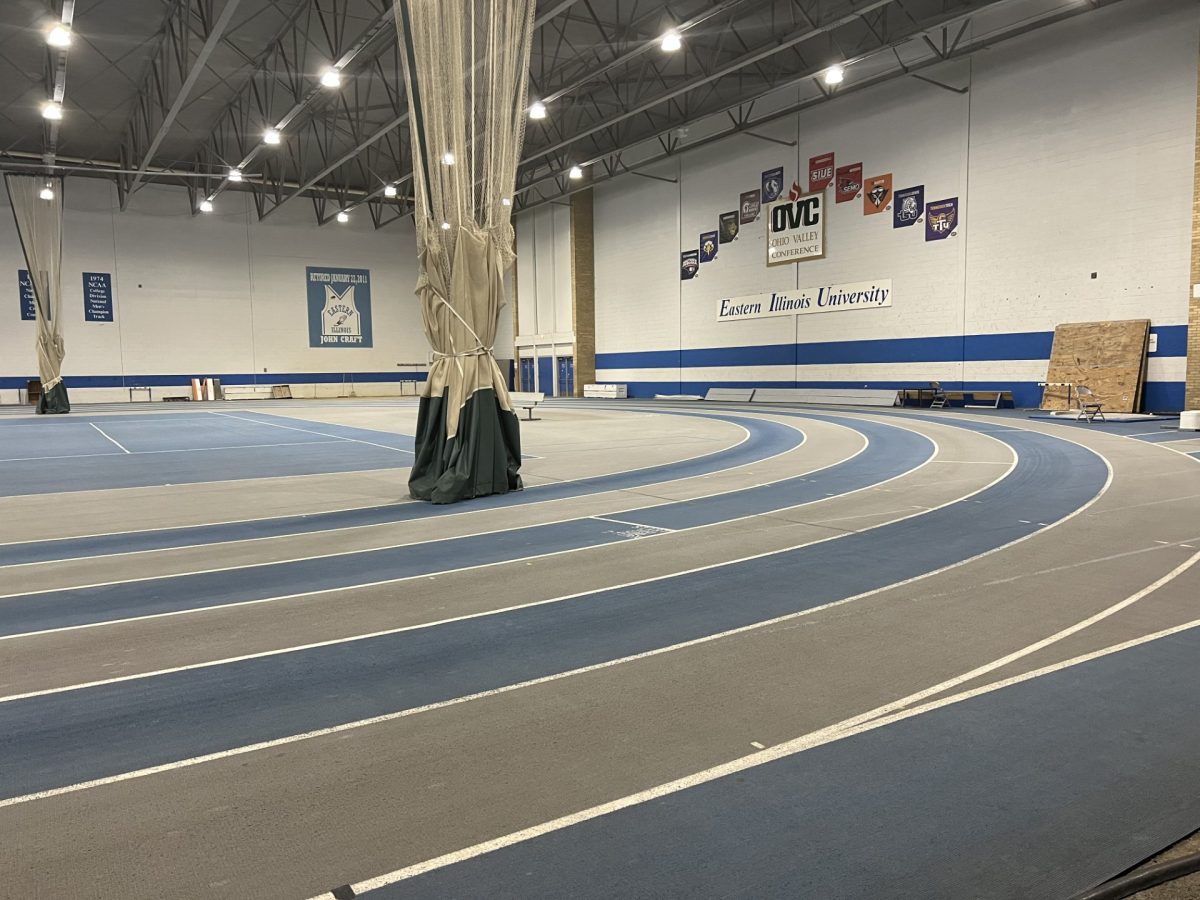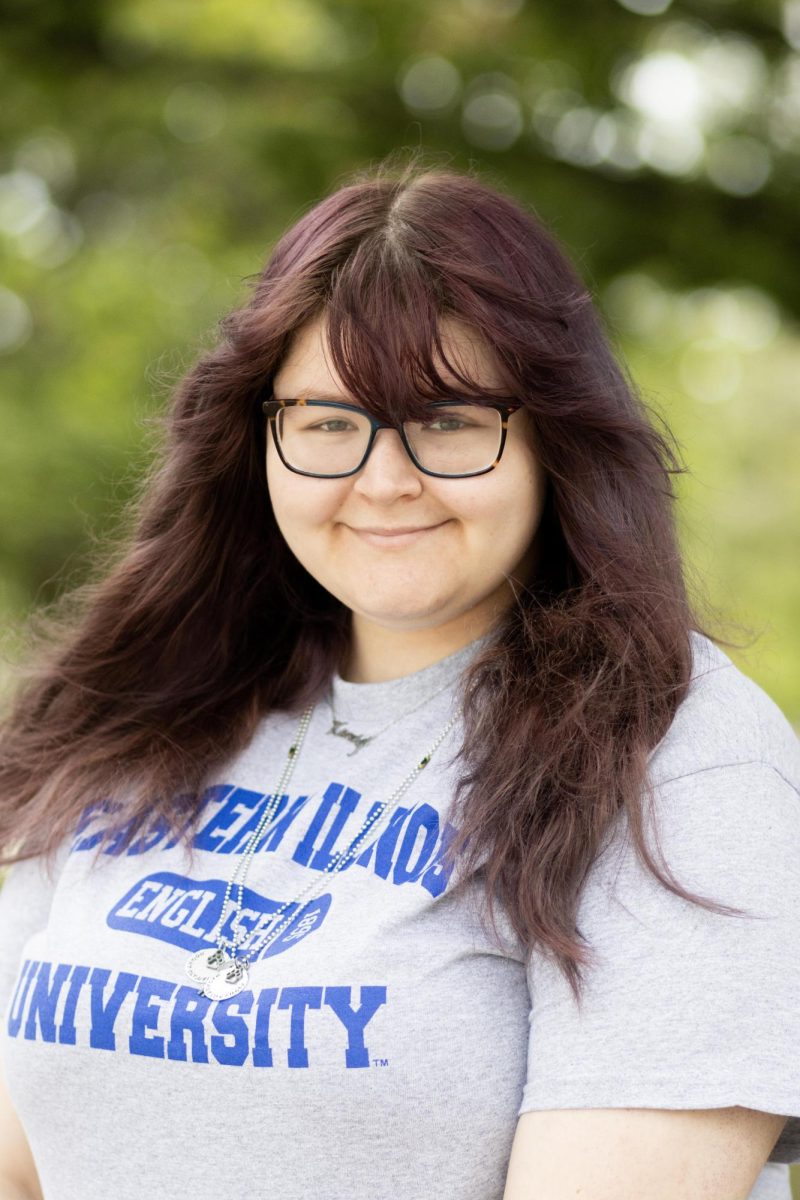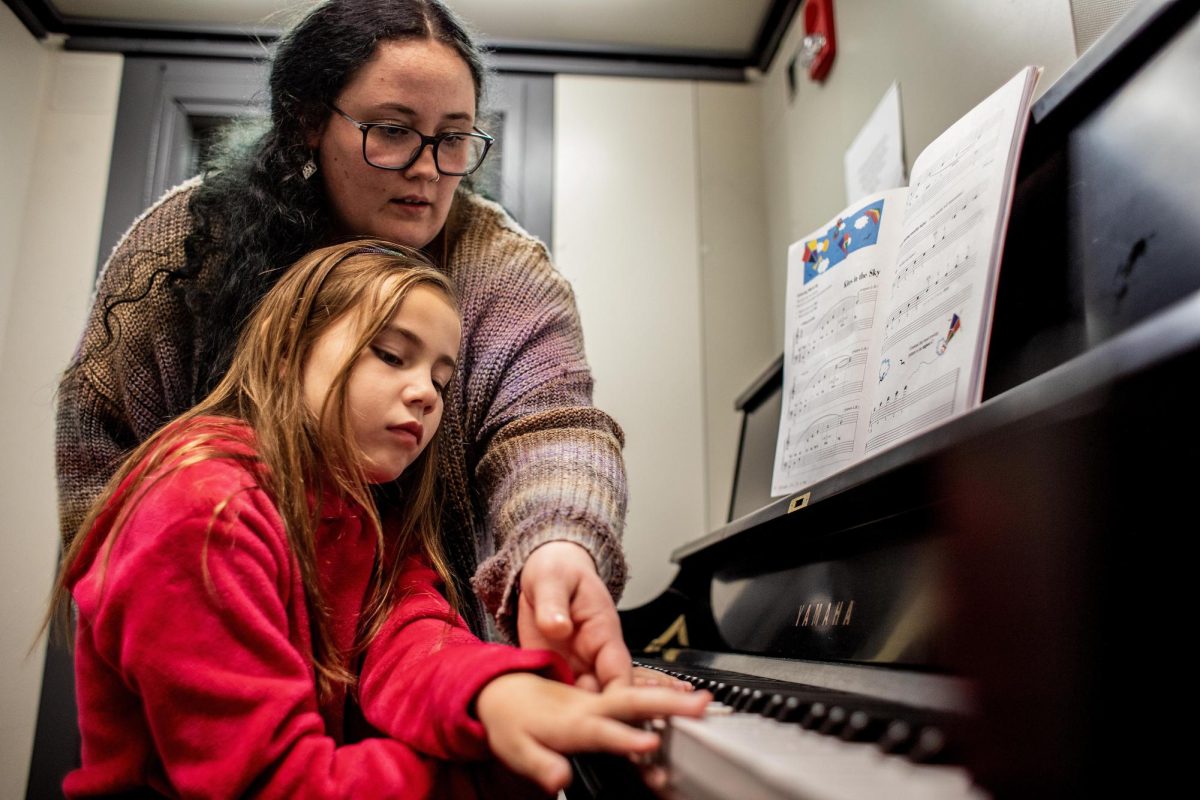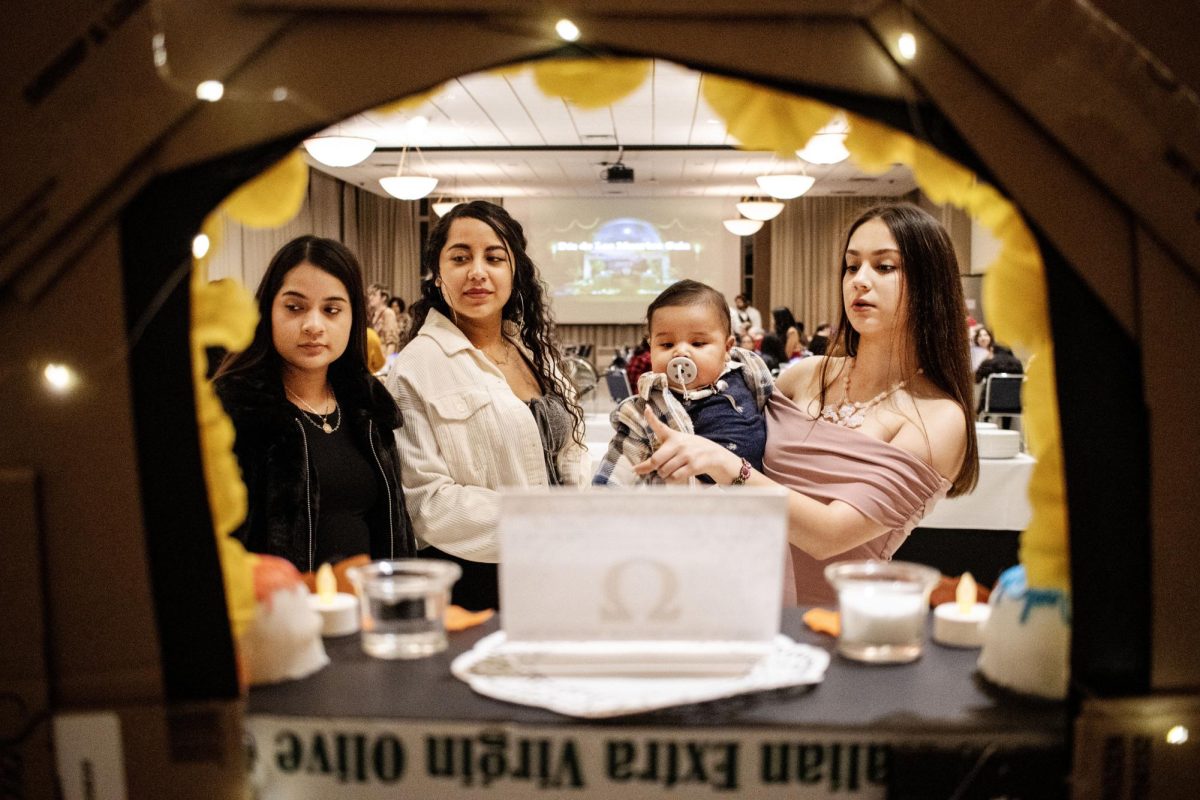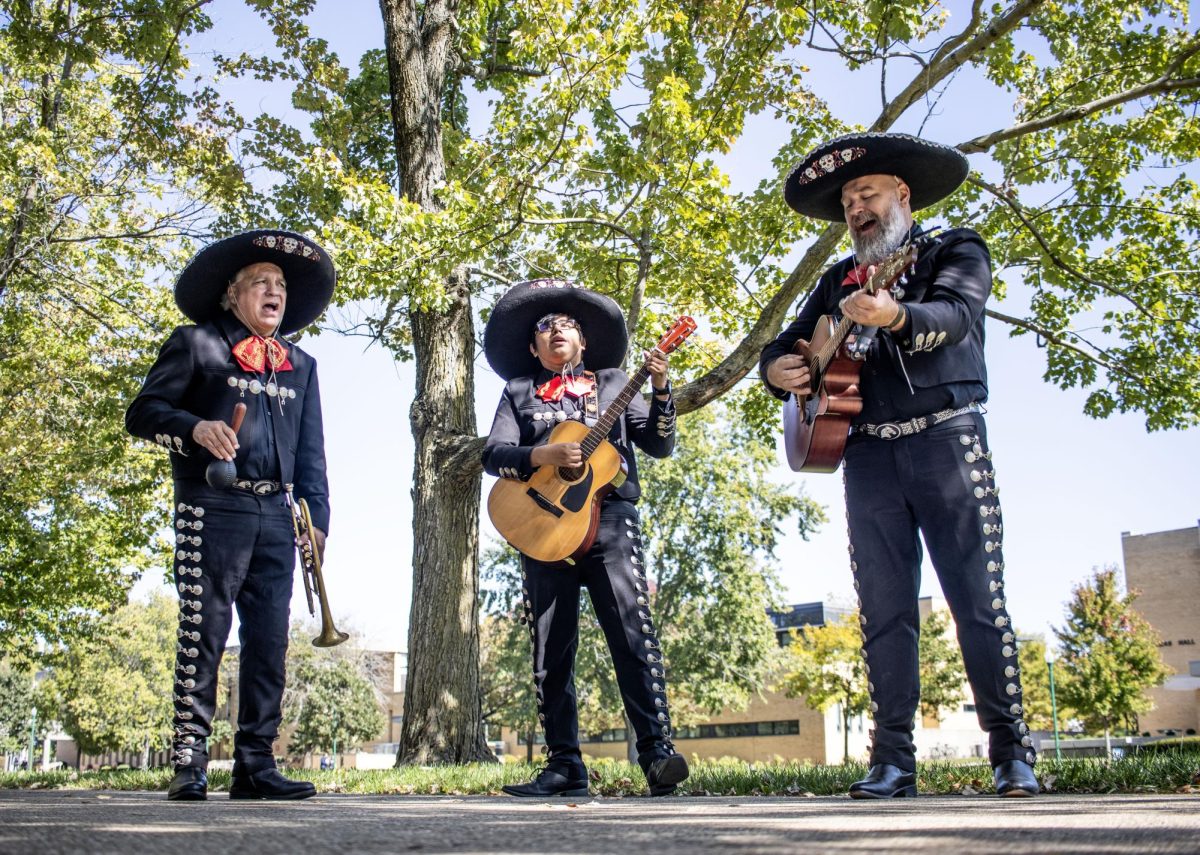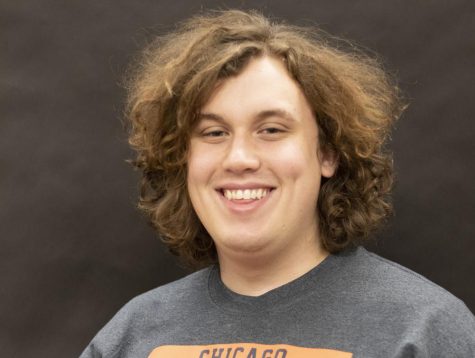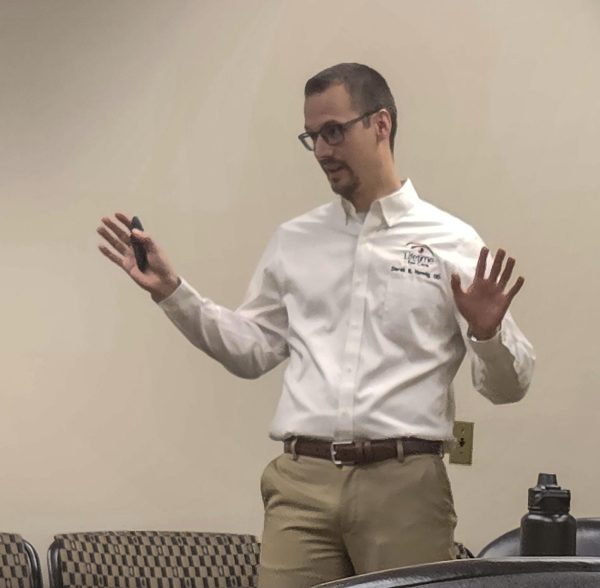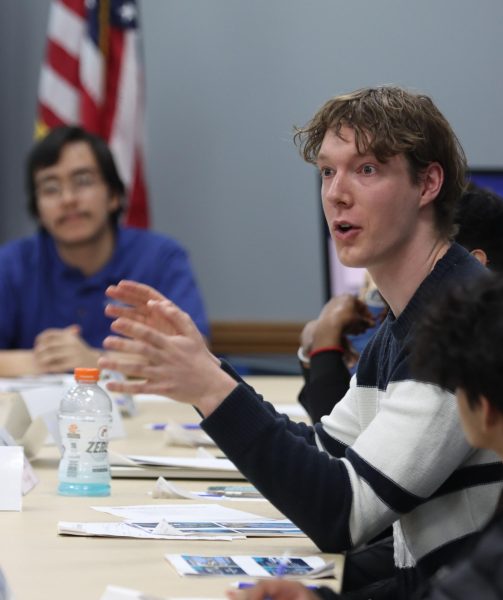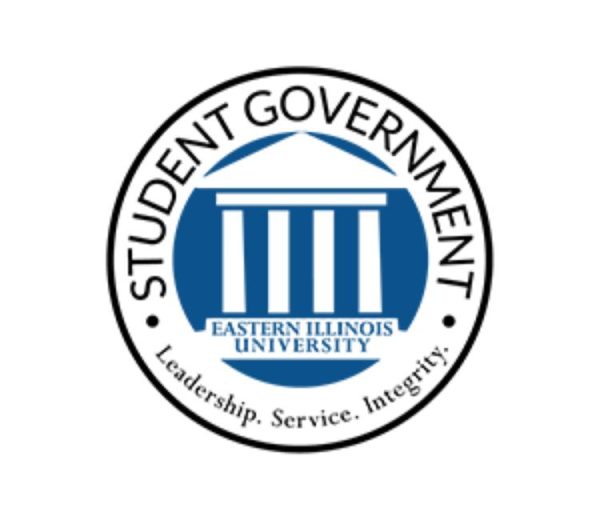Virtual event on Transversing Spaces held Tuesday afternoon
January 27, 2021
A virtual discussion called “Transversing Spaces: Increasing Empathy, Understanding, and Equity Cross Colors” was held Tuesday afternoon.
It was one of three sessions with Dr. Carole Collins Ayanlaja, Assistant Professor in the Department of Educational Leadership.
The intentions of the course, according to Eastern’s Academy of Lifelong Learning’s description, are to “review the history of race in our country, offer opportunities for learners to delve into self-identity and grow more competent in understanding how their identity has been shaped, how it impacts their perceptions of others, and others’ perceptions of them.”
The way to understanding each other begins with understanding one’s self, Ayanlaja said.
“I say we start with understanding ourselves, because as we understand ourselves, we begin to understand one another and create those opportunities for those pathways to transverse,” Ayanlaja said. “But the key of that notion of transversing is understanding that it comes from so many different angles.”
Ayanlaja went on to list some synonyms of “transverse,” such as shift, negotiate and bridge.
She also guided the discussion accompanied by a PowerPoint and encouraged participation in discussions from the attendees.
“When we think about identity, we have to understand people’s context,” Ayanlaja said. “We have to begin to understand why they may think the way they think so we can understand why they fear what they fear.”
Ayanlaja also said that while social class is part of the country’s divide, race is one of the biggest indicators of social class status.
“People of color have not had the access and the entry,” Ayanlaja said. “Now we could say today that, ‘Well look at those Black athletes, look at those Black entertainers.’ Yes, we know that. We know that America is often defined by the Michael Jacksons, the Beyoncés, the greatest players, the Jordans and some of the recent players. But we know those are anomalies, we also know that the divide of people of color economically in this country is very much so evident. And we know that when we talk about the one-percenters, 99 percent of the one-percenters are white, of European descent.”
The right environment is necessary in order for groups to be able to celebrate each other, Ayanlaja said.
“Having pride in lineage and being able to identify the importance of that doesn’t take away from another group, it allows for us to celebrate one another, but only if we’re in an environment that is mutually inclusive,” which Ayanlaja said has not been the American story.
“The American story has been about alienating and annihilating non-Western European ideologies,” Ayanlaja said. “And thus we are at the point where we are today.”
The previous meeting involved the importance of respecting and understanding others’ stories, Ayanlaja said.
“Many people of color have felt very, very much marginalized by those in the majority, in the power majority, white folks who say ‘Oh, it’s not racism, oh you’re playing the race card,’ instead of asking more questions to identify why people feel the way they do,” Ayanlaja said.
Interspersed throughout the discussions were stories of Ayanlaja’s and other participants’ family history and experiences.
The meeting concluded with Ayanlaja introducing the topic for the final “Transversing Spaces” session and posing a question for the participants to consider.
“So I’m going to leave you kind of with that, what internal checkpoints can we establish to limit implicit bias on the road to embracing our next topic, diversity,” Ayanlaja said.
The third and final session will be held Feb. 2.
Ryan Meyer can be reached at 581-2812 or [email protected].




